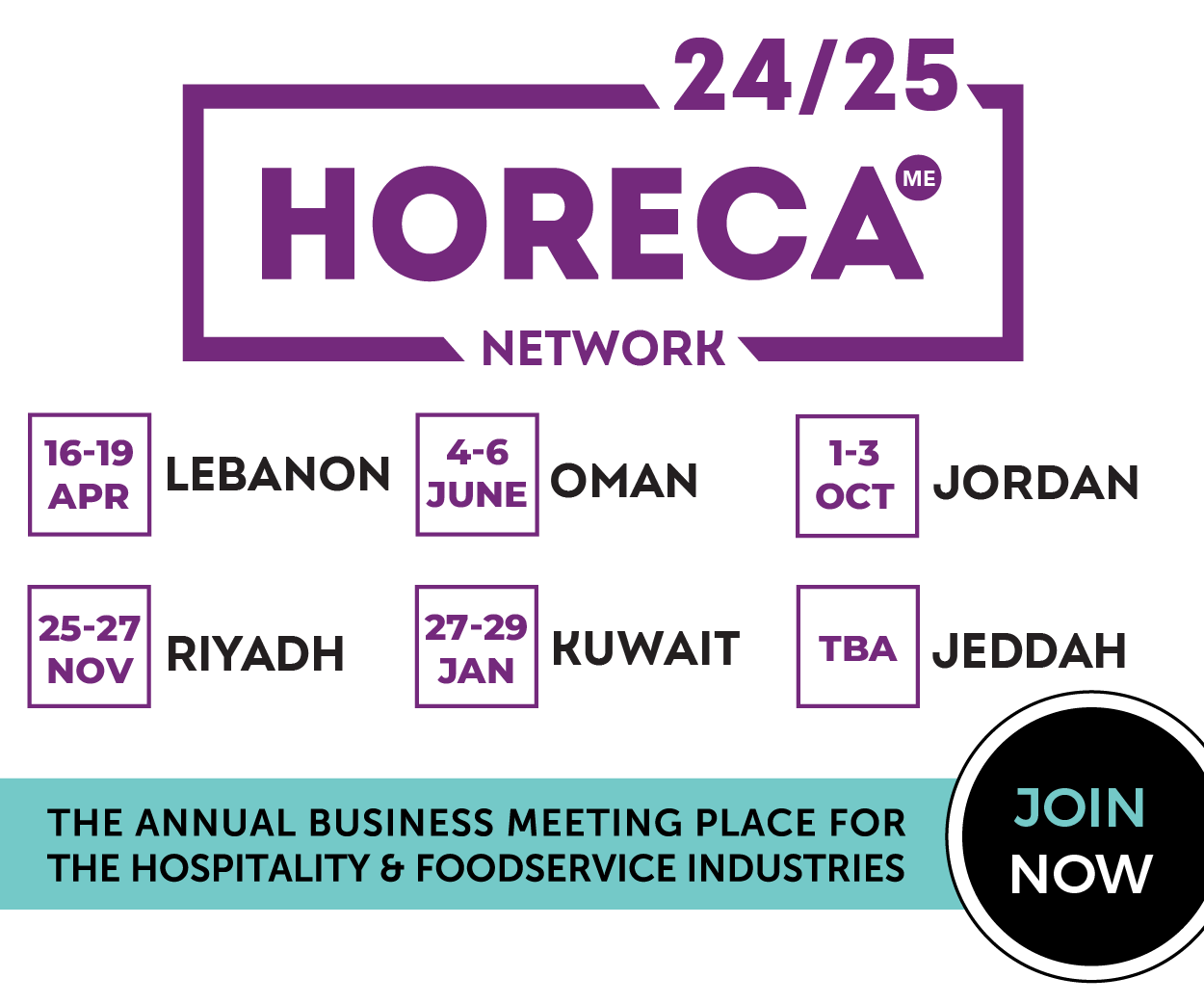Speakers


Moderator

Nagi Morkos,
Managing Partner of Hodema Consulting Services
Organizer

Joumana Salame,
Managing Director of Hospitality Services
Powered by Hospitality News Middle East and funded by the USAID Lebanon Enterprise development (LED) project, Hospitality News Talks held its first virtual roundtable on February 4 — “How Covid-19 is changing the shape of the restaurant industry: challenges and opportunities in 2021”. The online session, one of 12 such talks moderated by Hodema Consulting Services, called upon the expertise of prominent restaurateurs and industry professionals in Lebanon to share their experiences and propose ways to move forward.
The panel included: Karim Chebaklo, CEO of Par Contre Holding; Henri Farah, cofounder and CEO of Kampcatering SAL and Kampcatering Offshore; Nael Halawani, cofounder and COO of Toters; Aline Kamakian, owner of Mayrig and Batchig; Kamal Mouzawak, founder of Tawlet Beirut; and Tony Ramy, president of the Syndicate of Owners of Restaurants, Cafes, Night-Clubs and Pastries in Lebanon. Nagi Morkos, managing partner of Hodema Consulting Services, moderated the session.
During the debate, Ramy said: “The United Nations World Tourism Organization (UNWTO) reported that 2020 was the worst year in tourism history, with international arrivals dropping by 74 percent and 120 million tourism personnel losing their jobs.” The restaurateur expressed how difficult it has been to keep his own businesses afloat during the multiple lockdowns and spoke about the monumental struggles faced by syndicate members in the absence of financial aid or support from the government. “In Lebanon, things have been unbearable. We have experienced direct losses of 600 million USD per month in the tourism industry since 2018; and while we had 8,500 tourism-related entities, we have only 5,000 now.”
Halawani stated that Covid-19 actually provided an opportunity for Toters, an on-demand delivery platform that allows customers to deliver anything from anywhere right to their doorstep. “We saw a huge increase in food orders because of the lockdowns. We included fine-dining restaurants and offered cross-zone delivery to support a greater number of businesses and provide our clients with more choice.”
Chebaklo, whose group owns F&B brands including BRGR.CO, PZZA.CO and DELI.CO, pointed out that only 20 percent of sales were delivery orders pre Covid-19 — a figure that rose to 50 percent as a result of the lockdowns. “The main problem has been the fact that we have been unable to operate at night because of the curfews and lockdowns. When you consider that 70 percent of our sales take place at night, you can understand how catastrophic it has been.”
“We have been in survival mode,” said Kamakian, whose restaurants specialize in authentic Armenian cuisine. “Delivery was never our focus, but we had to embrace it. Our menu consists of sharing plates, and clients would come to our restaurants for the whole ambience. Adaptability is key.”
In terms of the post Covid-19 landscape, Mouzawak said that tourists — a lifeline for the hospitality industry — would return to Lebanon providing there is political stability. “Lebanon is an attractive destination for tourists. It has become even more affordable now. We just have to wait until this pandemic is over.” Furthermore, Mouzawak stated that he had to think quickly and react appropriately to protect his renowned Souk el Tayeb and Tawlet concepts. “Adapting to the pressures of Covid-19 and all the other issues in Lebanon while continuing to promote regional food and local producers was a challenge, but we have managed to find a way so far.”
Farah also agreed that only time would tell what the post Covid-19 restaurant industry would look like, stating: “We just have to be patient. It’s hard to plan, because we don’t really know what lies ahead.”
The main outcome of the webinar was the need for collective action to bolster the industry and secure post-Covid-19 recovery. The panelists confirmed that customers are seeking greater transparency, which requires restaurants to communicate authentically and openly. In the absence of face-to-face interactions, it is up to individual establishments to create virtual experiences for their customers. Visual content, particularly videos, is one of the ways restaurants can remain connected to their clientele.
With healthy eating on the rise as a result of countless lockdowns, customers are seeking lighter, simpler options, including seasonal and local goods. Demand has grown for salads, nutritious juices and similar items that are considered good for you. We are seeing fewer imported products, largely because of the devaluation of the Lebanese pound and in part due to heavier restrictions on the movement of goods, which provides greater opportunity for Lebanese producers to step in and take advantage of the “back to the roots” trend.
Restaurants must welcome technology into their business models given the fact that home delivery is in high demand; it is a trend that is here to stay. Apps are fastly becoming the preferred way for restaurants to reach existing and new audiences. They are a vital tool for smaller establishments and those that do not have a strong presence on social media.
Whereas ambience and décor were once important in overall customer satisfaction, price and food quality are what matter most these days. As people are unable to dine out and are forced to order in, restaurants need to find a competitive edge online while focusing on delivering dishes that are consistently high in quality that meet the expectations of consumers who are no longer distracted/impressed by plush restaurant interiors. Each bite counts even more at home.
Ultimately, adaptability is what will keep many restaurants afloat. With Covid-19-related restrictions causing anxiety among the public and consumer tastes constantly changing, restaurants need to remain agile and react quickly to new challenges, finding opportunities as they go along — and opportunities do exist. This may entail menu revisions and new communication strategies. A lot remains unclear, so flexibility is key.
It is widely believed that eating out will become popular again once there is greater safety confidence and when the strict lockdown measures are lifted. Lebanon has begun the Covid-19 vaccine rollout, which will certainly reassure many and act as a beacon of hope for business owners who are eager to reopen. What is crucial is how establishments respond once they are able to resume their operations. Prioritizing health and safety and adhering to the best hygiene practices will become paramount. When people do return to their favorite eateries, they will not only expect to find the highest levels of service but also flawless hygiene; this will become a standard part of the restaurant experience. Restaurants should therefore think of smart and fun ways to integrate purifiers, sanitizers and the like.















